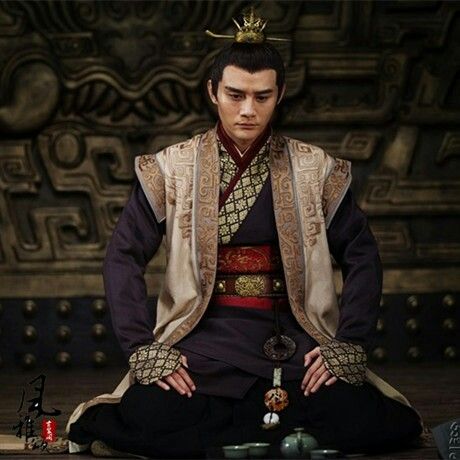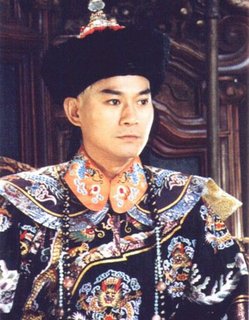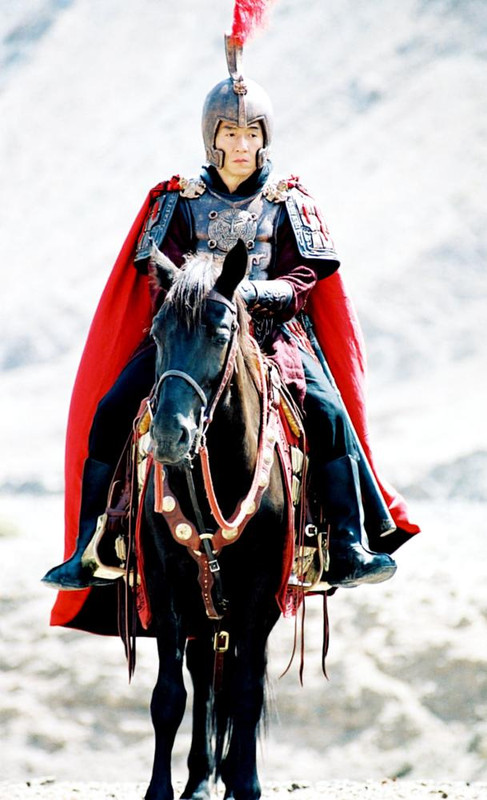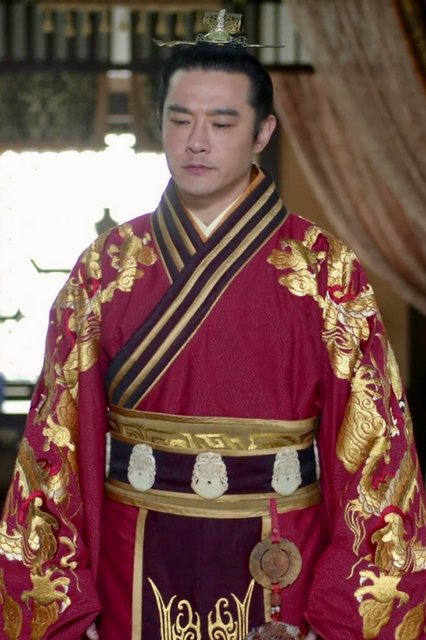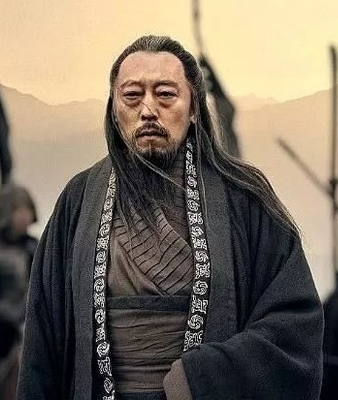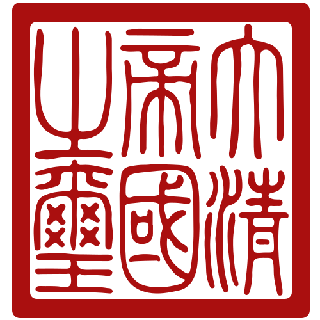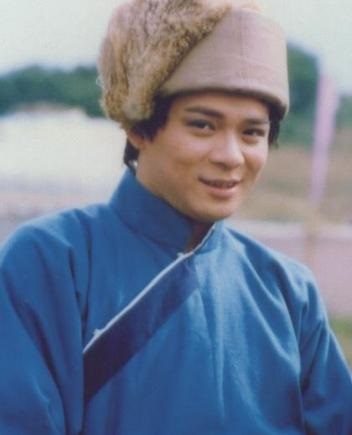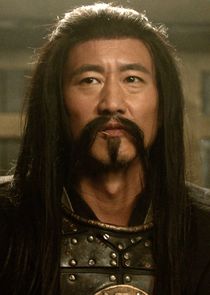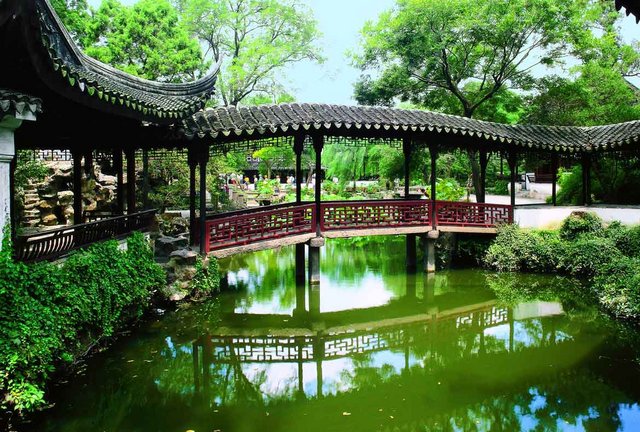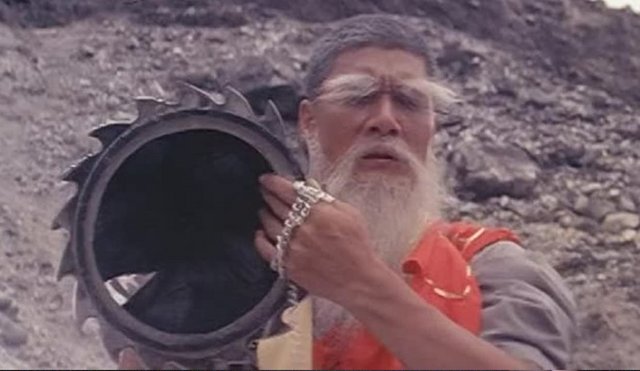1812 :Alternative Divergence IC THREAD [CURRENT ANNOUNCEMENTS] 
Hello and welcome to another Alternative Divergence, an alternative history RP where the world is yours to do whatever you wish. For the sake of continuity, the time now is 1812 C.E.. Europe is teetering on the brink of war, as the flames of revolution are about to meet the fires of reaction in a fight for the fate of the continent. In Asia, two dynasties are claiming the legacy of the Middle Kingdom, while other realms are competing with the Europeans for colonial supremacy. All while in America, tensions are rising between the descendants of colonists and the nations of natives, and the specter of colonialism is already landing on Africa’s shores. What would be your vision of a world shaped by a nation that you call your own?
Current Events - Updated 28.02.2021 |




